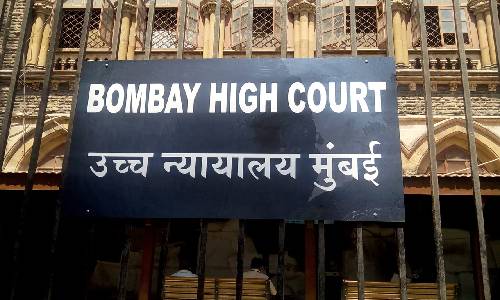
The Bombay High Court in Ingram Micro India Pvt. Ltd. versus Mohit Raghuram Hegde, Proprietor Creative Infotech observed that it is now a settled principle of law that a mere allegation of fraud would not make the dispute non-arbitrable. Referring to various judgments of the Supreme Court, it held that arbitration can be refused only when it is clear that “serious allegations of fraud” arise.
The facts, in brief, are that the applicant i.e., Ingram Micro India Pvt. Ltd., a distributor of computer and software products, entered into an agreement with the respondent Creative Infotech. The applicant supplied certain products on the basis of the purchase orders placed by the respondent, against which the applicant issued invoices to the respondent which contained an arbitration clause. After the respondent failed to clear the applicant's dues under the various invoices issued by it, the applicant invoked the arbitration clause and filed an application under Section 11 of the Arbitration and Conciliation Act, 1996 (before the Bombay High Court seeking the appointment of an arbitrator.
However, the respondent’s plea is that the application is required to be dismissed primarily on the ground that there does not exist an arbitration agreement between the parties. It is contended that the purchase orders and the invoices relied upon by the applicant to plead the existence of an arbitration agreement between the parties are not issued or signed by the respondent. It is stated that the respondent being the sole proprietor had not given any authority to any other person to enter into an arbitration agreement with the applicant.
The Court however observed that “Insofar the respondent’s contention is concerned, in my opinion, these are the contentions which are required to be urged by the respondent before the arbitral tribunal…”
It further observed that “ The Supreme Court has held that only when either of the two tests as defined by it, are satisfied it can be said that serious allegations of fraud have arisen. The first test being, when it can be said that the arbitration clause or agreement itself cannot be said to exist in a clear case in which the Court finds that the party against whom breach is alleged cannot be said to have entered into the agreement in relation to arbitration at all. The second test is made out in cases in which allegations are made against the State or its instrumentalities of arbitrary, fraudulent or mala fide conduct, thus necessitating the hearing of the case by a Writ Court where questions arising in the public law domain are raised.”
Directing the appointment of an Arbitrator, the Court observed that "It is quite clear to me and as noted above, that there is sufficient documentary material to discern that there exists an arbitration agreement between the parties, namely, that the respondent subscribing to the KYC and agreeing to the "terms and conditions of sales" on the website of the applicant to be the pre-condition for any transaction with the applicant can be entered."

